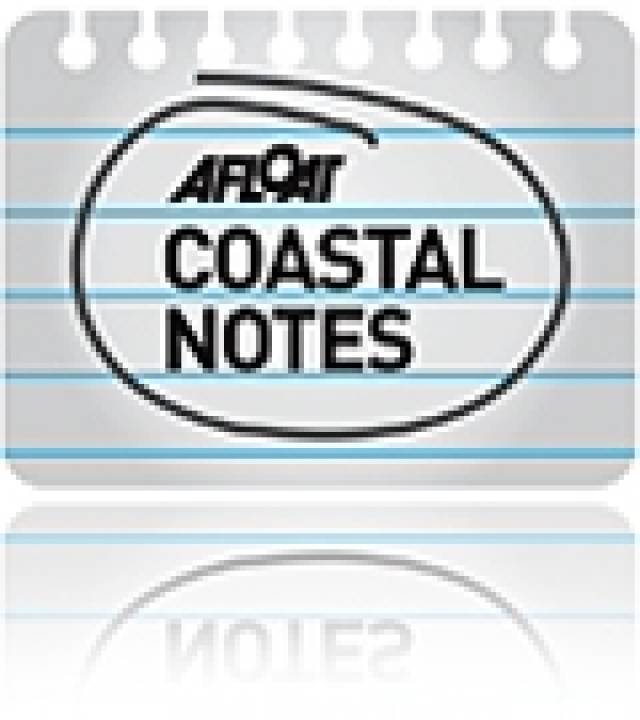#BLUE FLAGS - Dollymount Strand has regained its Blue Flag status in this year's round of awards, which sees the largest ever number of Irish beaches and marinas recognised.
The beach on north Dublin's Bull Island - which recently hosted Ireland's top kitesurfers for the 'Battle For The Bay' - once again flies the Blue Flag after losing it last year.
Also among the Dublin beaches receiving the EU accolade this year are Donabate, its first award since 2007, and Skerries south, which had not held Blue Flag status since 1995.
The news follows just weeks after Northern Ireland celebrated its own record year with 11 resorts receiving the coveted prize.
A total of 87 beaches and marinas around Ireland's coastline were awarded Blue Flag status this year, with some notable exceptions from the list.
As The Irish Times reports, Rush South and Malahide beach failed to make the cut, while in Cork, Claycastle Beach and the front strand at Yougal lost their flags.
And Mullaghmore in Sligo - an area now world-famous for its top-class surfing - lost out due to safety issues involving roaming livestock.
The Irish Times has more on the story HERE.
































































